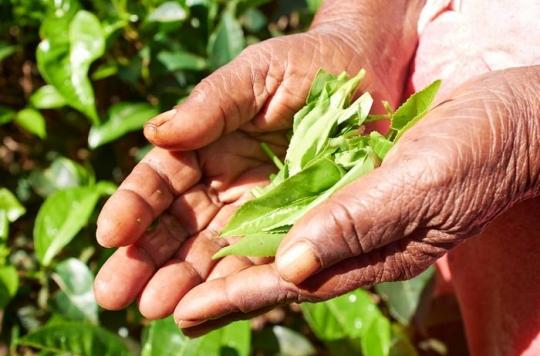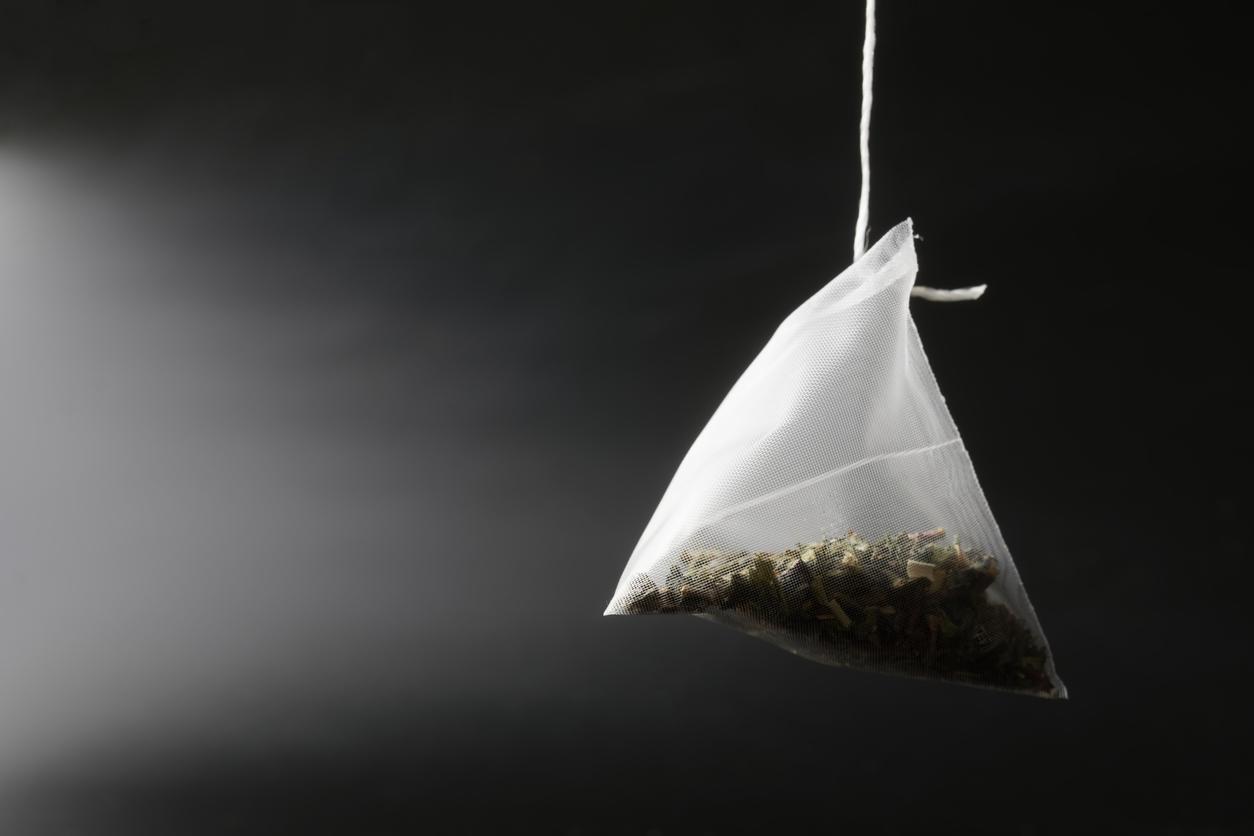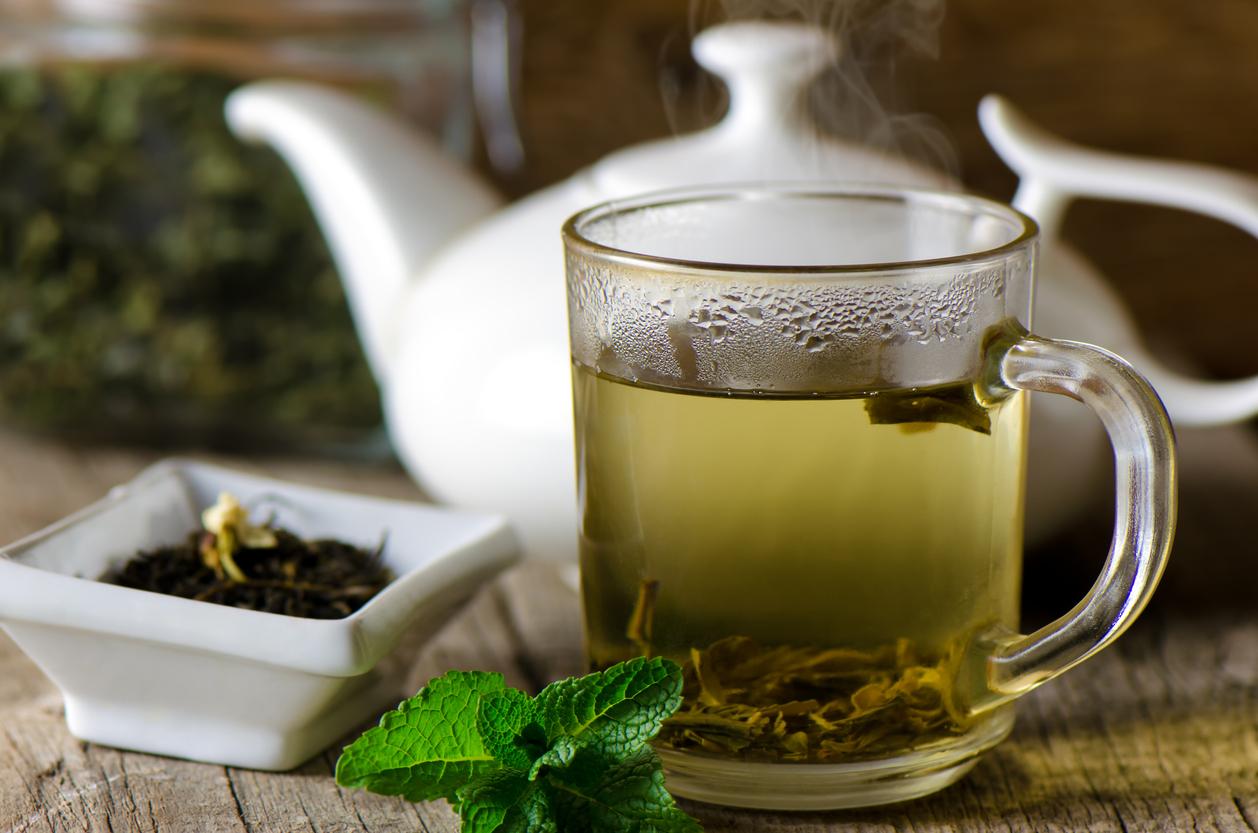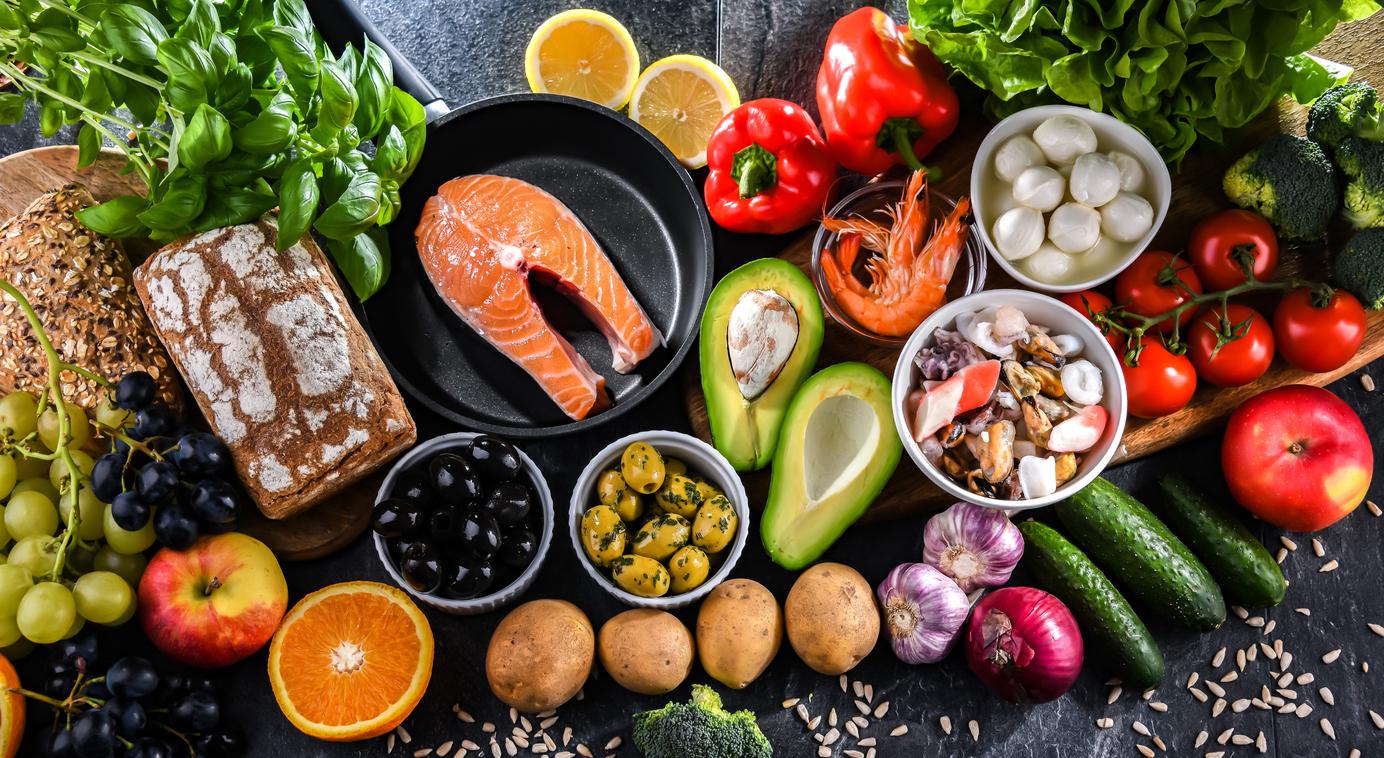Substances present in tea leaves act on the microbiota by promoting the growth of “anti-obesity” intestinal bacteria.

Black tea would have slimming virtues, according to a study presented in the European Journal of Nutrition. Researchers at the University of California-Los Angeles (UCLA) discovered that the polyphenols contained in this beverage could influence the microbiota and thus promote weight loss.
The consumption of tea would protect against many diseases. Scientific literature reports that these herbal drinks reduce the risk of certain cancers and cardiovascular disease. There are also benefits linked to the famous polyphenols and their anti-inflammatory and anti-oxidant properties.

Pathogen barrier
The polyphenols present in tea leaves, and in many other plants, in particular form a barrier against pathogens, and protect plants from UV rays. Fresh green tea leaves contain at least 30% while black tea has half as much due to the fermentation of the leaves.
A lower concentration that does not reduce its benefits, according to the work done in mice by researchers at UCLA. The American team focused on the effect of these polyphenols on the metabolism of the liver because the latter has an impact on weight.
Interaction with intestinal flora
Previous studies have shown that the phenolic compounds in green tea are absorbed through the gut and then go on to stimulate the liver. But the polyphenols in black tea are too big to take this same route. “Our study suggests that black tea acts on gut bacteria via a specific mechanism to promote weight loss and good health,” commented Susanne Henning, study leader and professor of nutrition at UCLA.
To reach this conclusion, the researchers studied 4 groups of mice fed 4 different diets, two of which consumed either green tea or black tea (low in fat / high in sugar, high in fat / high in sugar, high in fat / high in sugar / green tea and high in fat / high in sugar / black tea).
Throughout the experiment, the mice were weighed, their microbiota was analyzed and liver biopsies were taken to measure the amount of fat.
Tea, a prebiotic
After a month, the mice who drank the tea lost as much weight as the guinea pigs who followed a low-fat diet. The first, however, had a bad diet. The explanation lies in their intestines: the tea-drinking mice had more “anti-obesity” bacteria and fewer bacterial strains contributing to weight gain.
Researchers therefore believe that the polyphenols in black tea modify the composition of the intestinal flora. They promote the growth of “anti-obesity” bacteria, and inhibit others that promote overweight.
“These results indicate that black tea and green tea are prebiotics, substances that induce the growth of good microorganisms that contribute to the well-being of a person,” summarized the researcher.
.















